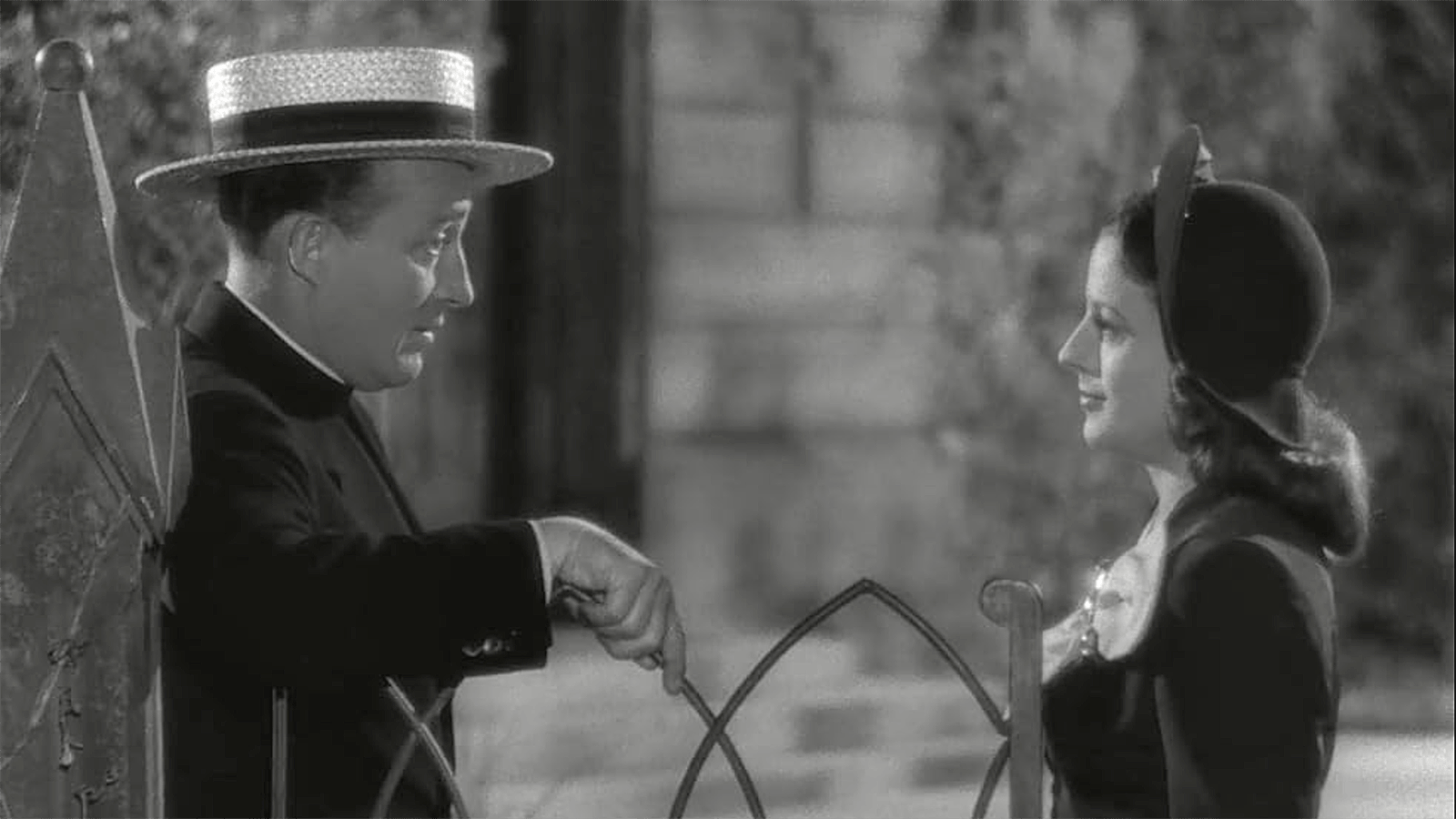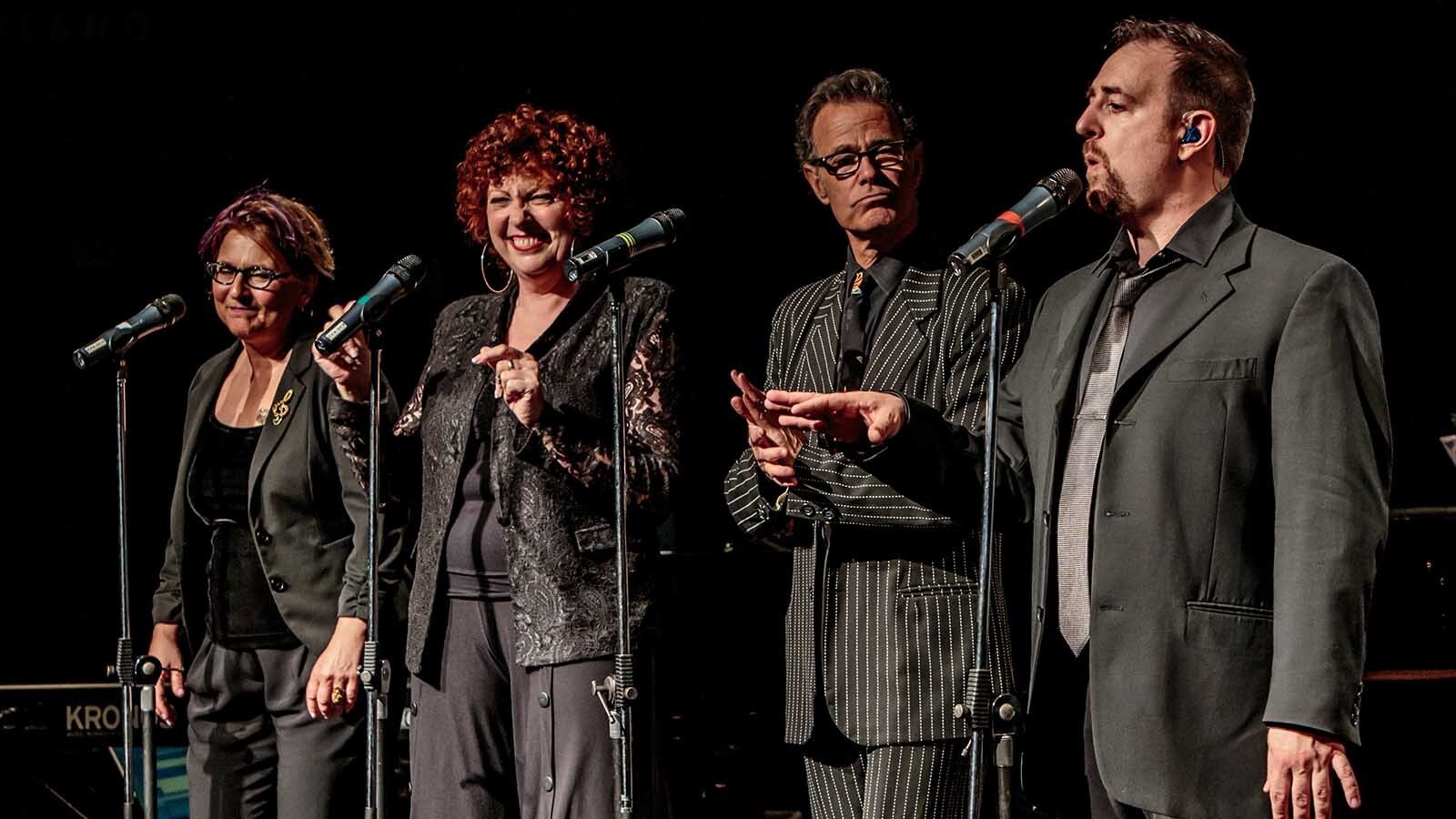Even after 61 years, a now 90-year-old George Liska is haunted by the memory of the 16-year-old boy who was lost in the wilderness of southwest Wyoming.
It was 1963, and Liska had gotten a phone call that had taken him, willingly, from his home into the bitter cold of the Wyoming backcountry. On the other end of the line was Rock Springs Chief of Police Louis Muir. He said that Liska and his Jeep were needed for an urgent search and rescue.
The temperatures had dipped below freezing when Sweetwater County Sheriff George Nimmo and Muir started calling volunteers for help. A teenager was lost on White Mountain, and they needed all the manpower they could muster.
“George was not a big guy,” longtime Wyoming newspaperman Jim Hicks recalled about the lead investigator on the search. “But he was a mentally tough individual and fearless.”
Nimmo would need this resilience in the coming weeks as the search intensified.
The Accident
On Feb. 15, 1963, two Green River brothers, Edward Eskridge, 16, and his 15-year-old brother Richard had left the home of their grandparents. They were driving a small foreign car with plans to go rabbit hunting on White Mountain.
When they did not return home that night, they were reported missing and a search was immediately launched, including by air.
The Wyoming Associated Press reported, “The two boys wrecked their car about 29 miles north of Green River on a country road. Edward placed his brother beside the car, gave him his parka, lit a fire and then started to walk for help. Aerial searchers found Richard a short time later.”
There was no sign of Edward, and the temperatures were dropping to a chilly 15 Fahrenheit. The search intensified.
“He went looking for help but it was cold and he was in shirt sleeves,” Liska said, recalling the details from six decades ago. “He gave his parka to cover up his brother.”
This search was not much different from the one that took place last month to find Austin King, a 22-year-old who summitted Eagle Peak in Yellowstone National Park on Sept. 17 and disappeared.
Searchers scoured remote regions for weeks, finding only a note King had left in a park registry describing inclement weather and his joy summiting the peak.
Like the search and rescue efforts for Eskridge, missions were called off because of the risk involved. As weeks went on, King’s father is left with an aching hole and a lack of closure.
Eskridge’s case reveals those feelings can last forever.
The Volunteers
It was a common practice at the time that when someone went missing in Sweetwater County, untrained volunteers were called to help, Liska told Cowboy State Daily.
“I was probably in my pre-teens when I started helping,” Liska said. “We would get out of high school to go look for people. When I was younger, somebody would wind up lost and they put the word out. My dad drug me along the first couple of times. He told me, ‘Come on. We'll go look for this guy.’
“Sometimes we find him, sometimes somebody else did. Or sometimes they find their own way home.”
Liska had been at home with his wife and young boys when he received the urgent call about the missing teen.
“I wouldn't suppose anything really got serious until the next day,” Liska said. “The sheriff had their people out there to begin with and the family, of course. The kid’s grandpa, from the minute they were missing, he searched as long as he was able to.”
Liska joined the search, little realizing that the rescue he was hoping for would never happen. Reality slowly began to sink in for the volunteers and the family.
“At that time of the year, after 3 or 4 days, you know, you're going to be looking for a body, not somebody wandering around,” Liska said.
A Tantalizing Clue
Four days after Edward had gone missing, his younger brother, Richard, died in the Rock Springs hospital. The 15-year-old had been paralyzed from a back injury sustained in the crash and succumbed to pneumonia.
By then, nearly all hope had been lost of finding Edward alive. However, the search did not end.
On Feb. 22, Edward’s footprints were found by search parties. The Associated Press called it “the best clue in seven days on the boy’s whereabouts.”
“We found some tracks which will be verified in the morning,” Sheriff Nimmo told the press that night. “Let’s just say they are encouraging, but we don’t know for sure if they are his.
“The footprints were found in a dry wash which had been protected from snow which fell after the boy’s disappearance. The footprints went south and west of the accident scene, and almost in the opposite direction from where the boy had been tracked shortly after the disappearance.”
By this time, according to the Casper Morning Star’s interview with Nimmo, more than 200 people had taken part in the search, including volunteers from four Wyoming counties, and a few prison inmates from Rawlins.
“They were shrewd, all of them,” Hicks said. “There wasn't as much scientific stuff going on in police investigations in those days, but they had all shared a sixth sense. And they were all pretty tough fellers.”
Governor Launches Wyoming National Guard
When 10 days had passed and there was still no sign of Edward, Wyoming Gov. Cliff Hansen announced that he was not giving up the search.
“It is agreed by the father of the boy, Clarence Eskridge, and George Nimmo, sheriff of Sweetwater County, that there is no likelihood of the boy’s still being alive,” Hansen told the Associated Press in Cheyenne.
“There should be no further search by others between now and the weekend because of the danger of someone else becoming lost,” he said. “There are still people who are going out into that area by themselves, unsupervised, to look for the boy. As a consequence, there is a real risk now of others becoming lost.”
With this latest effort, the sheriff’s office and Wyoming National Guard worked together after the only clue, the footprints, had been obliterated by snow.
Several four-wheel-drive vehicles and a helicopter were provided by the National Guard for the search. All volunteers were welcomed back to join on the weekend search effort.
“You couldn't pay for it,” Liska said about the search effort. “They just kept calling people, and they weren’t finding him. So, they called more people and more people.”
Search & Rescue Officially Formed
Local law enforcement decided they needed more organization for the search and formed the Rock Springs Search and Rescue Patrol.
“It was always attributed to the desperation that started Search and Rescue, but it took a while. The search and rescue didn't get started on day one when the kids went missing,” Liska said. “This was just a volunteer effort to start with. It was a lot of calls for volunteer help, and that's what got most of us going up on the mountain and looking for him.”
Years later, Police Chief Muir said that putting together the Search & Rescue team was one of his proudest achievements. Since its founding, hundreds of people have been recovered by the trained volunteers Muir first organized.
“Muir put the word out that if there was interest in starting a search and rescue, he had a meeting at the City Hall here in Rock Springs,” Liska said. “There was a pretty good turnout.”
According to the Casper Star-Tribune, twenty volunteers attended that first meeting, including Liska. In early March 1963, the group conducted their first official search for the missing Eskridge boy, scouring the draws and gullies but without success.
Despite the massive eight-day organized search led by Sheriff Nimmo and Undersheriff Jim Stark, Edward Eskridge was never found.
“That put more organization to it,” Liska said of the new volunteer unit. “Once they got started, we had officers and they had a call list, and they decided how many people you would need for this search, depending on where they were or what they were driving and so forth. We even had some water rescues.”
The community rallied around this new force. Liska’s employer, Mountain Fuel Supply, would give him up to three days of pay and allow him to use his vacation days to join the rescue efforts of future, more successful searches.
Never Found
Edward was never found and a year after his disappearance, the Sweetwater Search and Rescue erected a granite memorial at the newly named Eskridge Draw, three miles from where the Patrol found the last tracks of Edward Deen Eskridge
“I don't know how long his grandpa continued to look for the boy after the search was called off,” Liska said, “He just looked so much until finally you say, we can't find him. He's not here. And that may or may not be true.”
The hardest thing about the Edward Eskridge case was never knowing what happened to the 16-year-old, Liska said.
“There's no telling what happened,” he said. “If you get cold and sleepy, and you say, ‘I'll just lay down for a little while and rest.’ So, you lay down, and then the cold gets you and you'll freeze to death. Maybe that happened. Nobody knows. Maybe some animals came along.
“You don't know what goes through people's mind when they get in these situations, especially in the cold. He had been through a car wreck. The car was upside down. Then I don't know how far he walked. They say the last time they saw his tracks were 3 miles down this draw.”
When the search was officially called off, questions still remained of what happened to Edward Eskridge. This outcome did not rest well with any who had been involved and those who had watched with waning hope.
“I think they just wanted to bring things to a conclusion,” Hicks said. “They all shared one thing which was their determination. They wouldn't give up easily on anything.”
Jackie Dorothy can be reached at jackie@cowboystatedaily.com.












